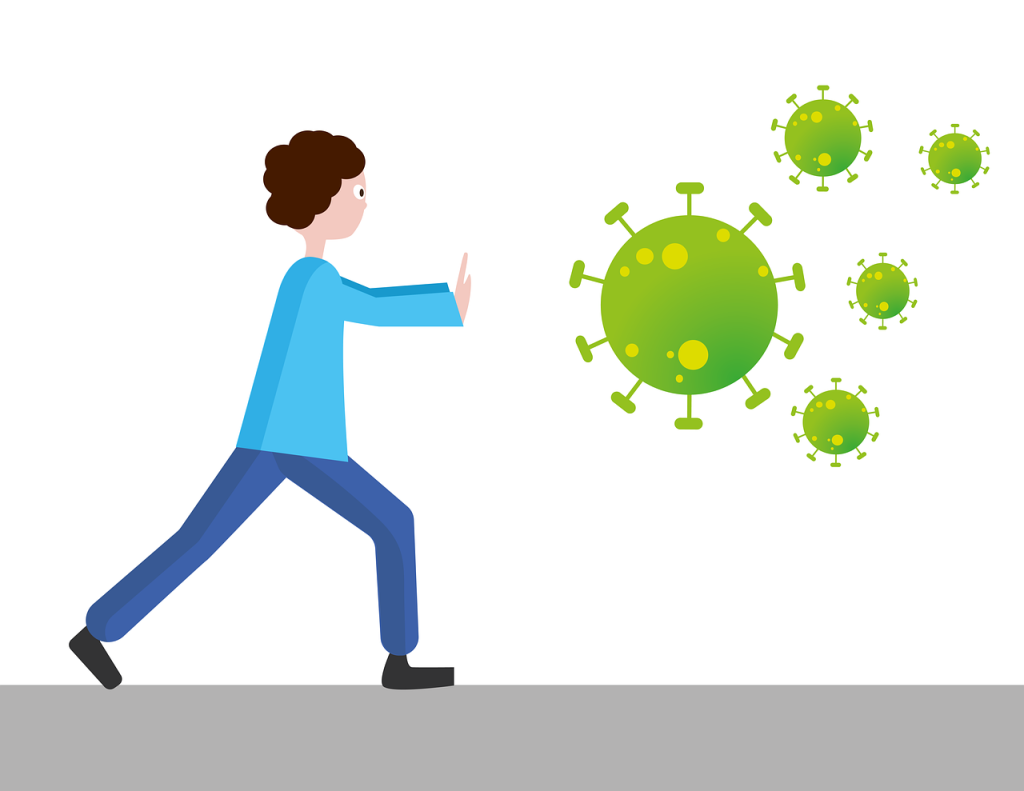What Are Sexually Transmitted Infections (STIs)?
Sexually Transmitted Infections (STIs) are infections that are primarily spread through sexual contact. They are caused by bacteria, viruses, or parasites and can affect various parts of the body, including the genitals, mouth, throat, and even the bloodstream. Some common STIs include chlamydia, gonorrhea, syphilis, HIV, herpes, and human papillomavirus (HPV). If left untreated, STIs can lead to serious health problems, including infertility, cancer, and increased vulnerability to other infections.
Read Also: Safeguarding Your Health: Understanding the HPV Vaccine and Cervical Cancer Prevention
While some STIs may show symptoms such as sores, discharge, pain, or itching, many STIs can be asymptomatic, meaning they show no signs at all. This makes regular testing essential, as untreated STIs can lead to serious health complications, including infertility, chronic pain, and even life-threatening conditions like HIV.
Why It’s Important to Learn About Your Sexual Health
Sexual health is a key part of your overall well-being. Educating yourself about STIs, how they’re transmitted, and the importance of protection can help you make informed choices. This knowledge not only protects you but also ensures the health of your sexual partners. Understanding the risks, symptoms, and prevention methods is a step towards a safer and healthier sexual life.
Read Also: Understanding Human Papillomavirus (HPV): Symptoms and Treatment
How Are STIs Contracted?
STIs are contracted through direct sexual contact, which can include vaginal, anal, or oral sex with an infected partner. In some cases, STIs can also be transmitted through non-sexual means, such as from mother to child during childbirth, or through blood transfusions, sharing needles, or other forms of skin-to-skin contact with infected areas.
Some STIs may not show any symptoms, making it easy for them to spread unknowingly. That’s why regular testing is crucial, even if you feel perfectly healthy.
Learn About Your Sexual Health
Taking charge of your sexual health is essential for your overall well-being. Knowing how to protect yourself and your partners from STIs starts with education. By understanding the risks and recognizing the signs and symptoms of common STIs, you can make informed decisions about your health. Practicing safe sex, such as using condoms and limiting your number of sexual partners, greatly reduces your risk of contracting an STI. Communication with your partners about sexual history and testing is also vital in maintaining good sexual health.
Get Tested
One of the most important steps in maintaining your sexual health is getting regularly tested for STIs. Many infections don’t show visible symptoms, so even if you feel fine, you may still be carrying an infection. Testing is usually quick, confidential, and easily accessible at clinics, hospitals, and health centres. If you’re sexually active, especially with multiple partners, regular STI screening is recommended to detect infections early and prevent spreading them to others.
How to Get Treated
If you test positive for an STI, it’s important to get treated as soon as possible. Many STIs are treatable with medication, and some, like bacterial infections, can be cured entirely with antibiotics. For viral infections like herpes and HIV, treatment can manage symptoms and reduce the likelihood of transmission to others. Prompt treatment helps you regain control of your health and prevent further complications.
Protect Yourself and Your Partners
Maintaining good sexual health is a lifelong commitment, and understanding STIs is an essential part of that. Take the necessary steps to protect yourself and those you care about by staying informed, getting tested regularly, and seeking treatment when needed.

